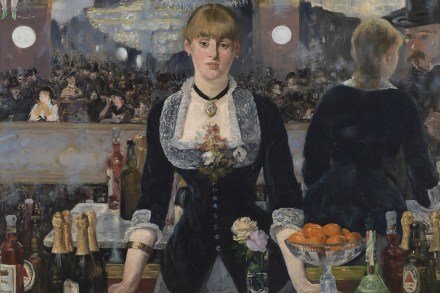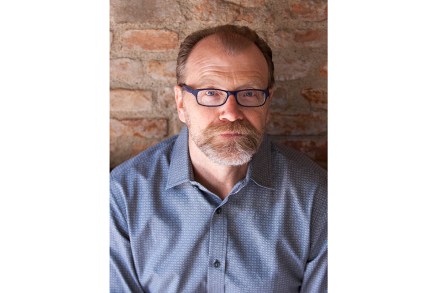Manet’s Mona Lisa: Radio 4’s Moving Pictures reviewed
RadioElizabeth the First is a ten-part American podcast series that isn’t about Elizabeth I at all. The assumption of its producers seems to be that the Tudor monarch was all right – a bit of a trailblazer, one might say – but not really worthy of her title. The real ‘Elizabeth the First’ was actually






























